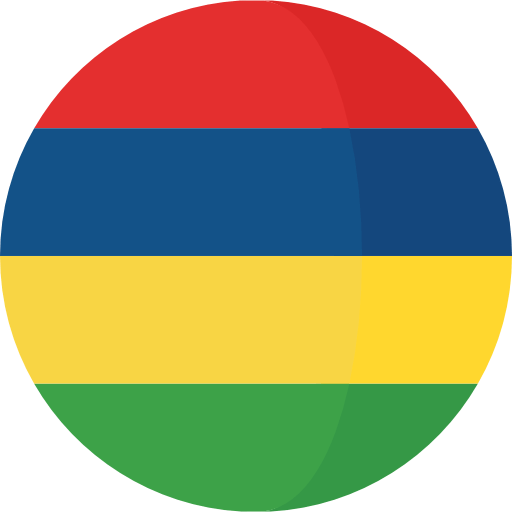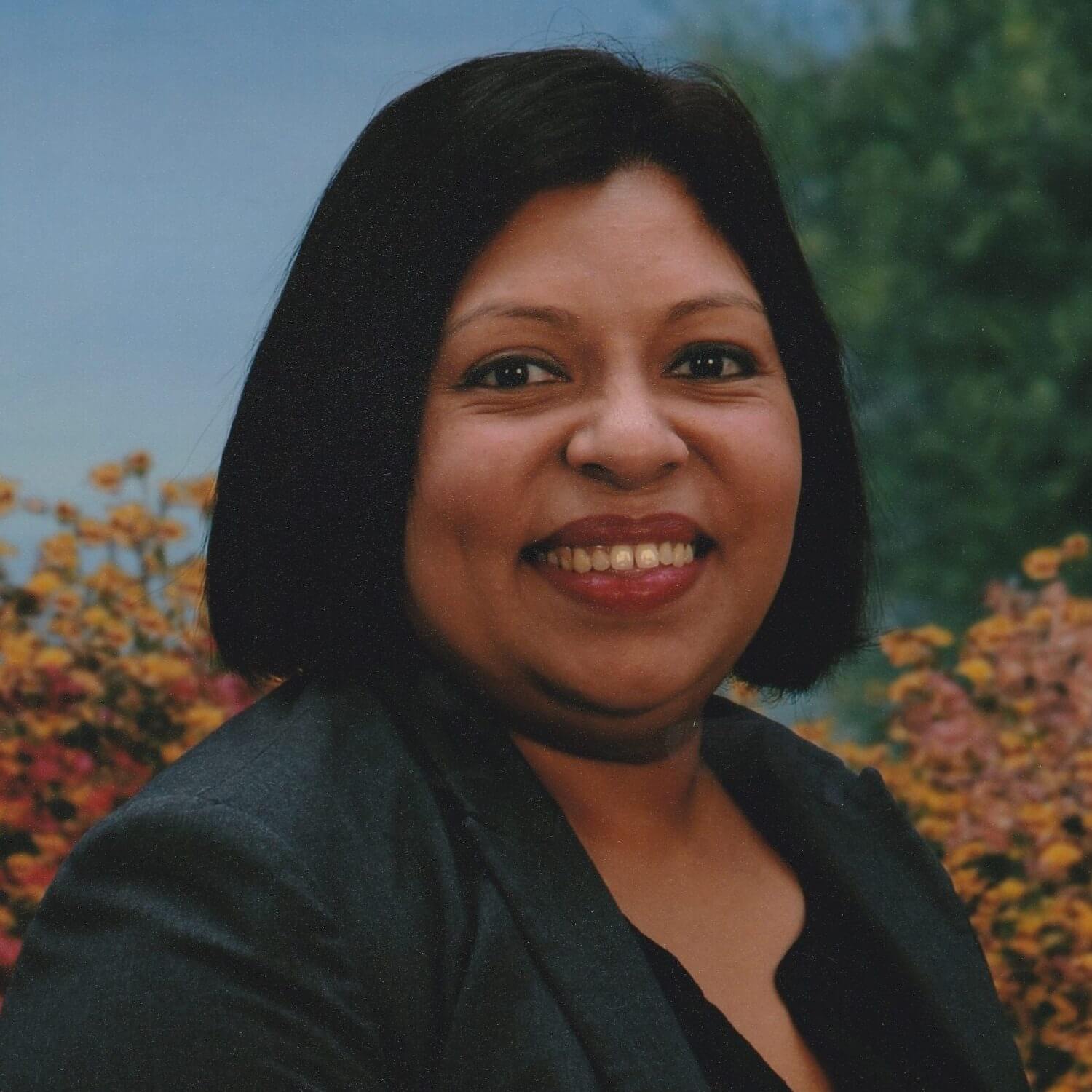What is your educational background?
I did my Bachelor’s in Science (with Honours) in Biology at the University of Mauritius, followed by a Master’s of Science in Environmental Management at Coventry University (UK). I moved to the US in 2012 to start a PhD in Environmental Management at Montclair State University in New Jersey, graduating in 2018.
What is your current occupation?
I am a postdoctoral research associate at the University of Nebraska Kearney, in the Department of Biology. My research revolves around using Systems Thinking and System Dynamics to address wicked issues in private land conservation in the US. I have contributed to a number of grant proposals that address Precision Conservation (in collaboration with the University of Nebraska Lincoln), STEM mentorship for under-represented minorities (in collaboration with Central Community College), and various other grants that propose work to address impacts of climate change in the Great Plains. I am also co-mentoring a Mauritian PhD student on her work assessing socioeconomic, well-being and livelihood impacts of the pandemic and the 2020 MV Wakashio oil spill on fishing communities on affected coastal areas of Mauritius. Lastly, I am a fellow with the Intergovernmental Science-Policy Platform on Biodiversity and Ecosystem Services (IPBES) working on the “Global thematic assessment regarding the diverse conceptualization of multiple values of nature and its benefits”.
What or who got you into STEM?
My father worked for the Forestry Service (Government agency) and used to take (kid and teen) me with him to various forest offices in the island’s Nature Reserves and the National Park, which grounded my love for nature and the outdoors. In my last years of high school, I took Sociology, a course taught by Mrs. Vimla Luchmun and she got me interested in the field enough to want to keep my toes dipping in it, to some extent at least. In undergrad, I met Dr. Vincent Florens and Dr. Claudia Baider who became my research supervisors and got me into ecology and conservation biology. But the urge to keep my feet in two boats stayed. I ended up navigating to the interdisciplinary and cross-sectional aspect of conservation biology that looks at the policy, socio-economics and human dimensions aspect of nature protection and conservation, enrolling in a doctoral program where I was mentored by Dr. Pankaj Lal (environmental economist), Dr. Meiyin Wu, and Dr. William Thomas (anthropologist).
What is the biggest challenge/barrier you have faced as an African in STEM?
- Sexism, with people thinking and assuming that women with science backgrounds are only good enough to be high school teachers. I sadly got comments along those lines from other professionals and family members through high school, undergrad and even when I returned to work home with a Masters in my pocket.
- The colonialism-inspired mindset that foreign white scientists will always be “better” than local ones. I have been told that I “need to redo my education” by heads of a major wildlife non-profit. I have also been dismissed by local government people in favor of foreigners, despite having similar perspectives on issues.
- Despite a post-independence push towards education at all levels in Mauritius, highly educated individuals like myself end up not seeing means and infrastructure to come back and work in Mauritius. The job sector and economy has not progressed to absorb the variety of STEM educated professionals.
How do you think your background/upbringing has been beneficial in your journey/career?
Many Mauritians take for granted the ethnic-cultural-lingual-religious diversity we grow up with, up until the time we leave the country for western nations where their struggle to understand and incorporate diversity is never-ending. In hindsight, the mixed nature of Mauritian society has shaped my willingness to seek out diverse perspectives as a scientist and educator and made me at ease understanding and accounting for contexts that are unique to the Asian subcontinent, unique to islands (especially as a conservation biology and sustainability specialist), unique to African nations and unique to the Western world. I will continue to seek collaborations and work that crosses geographic and cultural divides as I am currently doing as a fellow with IPBES.
.
How do you think we can start to change the narrative surrounding African contributions
to global STEM research & careers?
- Eliminating the paywall for scientific publications – both to publish in high impact journals (page fees make these journals inaccessible to African scientists unless and until they are under the financial umbrella of Western institutions), and to access publications. Linked to this is raising the bar and profile of African publications.
- Adapting quickly and efficiently the framework and structures for enabling science that exist in the West e.g. research programs that encourage high schoolers to do rotations in research labs, institutional Review Boards for animal and human research that educate on, advocate for, and safeguard ethical practices of such research.
- Allocating funds at super and supranational levels for research by Africans, for Africans e.g. an African NSF/NIH.
- Research funded by non African agencies (private or federal) but conducted in any African nation need to come with clear plans for including local African scientists and for building local capacity in a way that the research itself and/or its outcomes continue after funding has ended and after foreign researchers have left.
- Have more programs that fund student and faculty placements from African universities into EU/US universities for at least a year’s worth of coursework and research experience.
- Get rid of GRE, IELTS, TOEFL and other such nonsense that gatekeep access to higher education in STEM.
- Emulate US community colleges that enable a transition into 3 or 4 year programs at universities.
- Make paid (pay for time, housing and travel) internships, job shadowing and job placements core parts of STEM degree programs.
- Have programs in place that provide training and guidance for more people, including STEM trained people, to become candidates at local and national elections and participate in policy processes.
- Decolonise the teaching of STEM and STEM history.
What advice would you like to give to young, aspiring Africans in STEM?
Persevere. Paths with STEM and into STEM careers are more diverse than we think. Use social media to reach out and connect with professionals in your fields of interest to get educational materials, mentorship, advice, job opportunities, research and project collaborations. Be open to new opportunities, new perspectives, new people and new directions. Science is not set in stone, it evolves; so should you.
Do you have any project you’re working on that you would like us to highlight?
Not my initiative, but giving more traction to the work of IPBES is highly valuable both for stakeholders of the government and private sectors but also for the public, especially students: https://www.ipbes.net/. Signing up to read and review the different drafts of the different sections as they come out is not only educational on its own, but also a tangible way of contributing to the work simply because all comments are logged and taken into consideration by the chapter lead and contributing authors.





